The Independent's journalism is supported by our readers. When you purchase through links on our site, we may earn commission.
How to look after your skin during a cold snap, according to experts
Sarah Young speaks to four skincare experts to find out their top tips for winter skin health

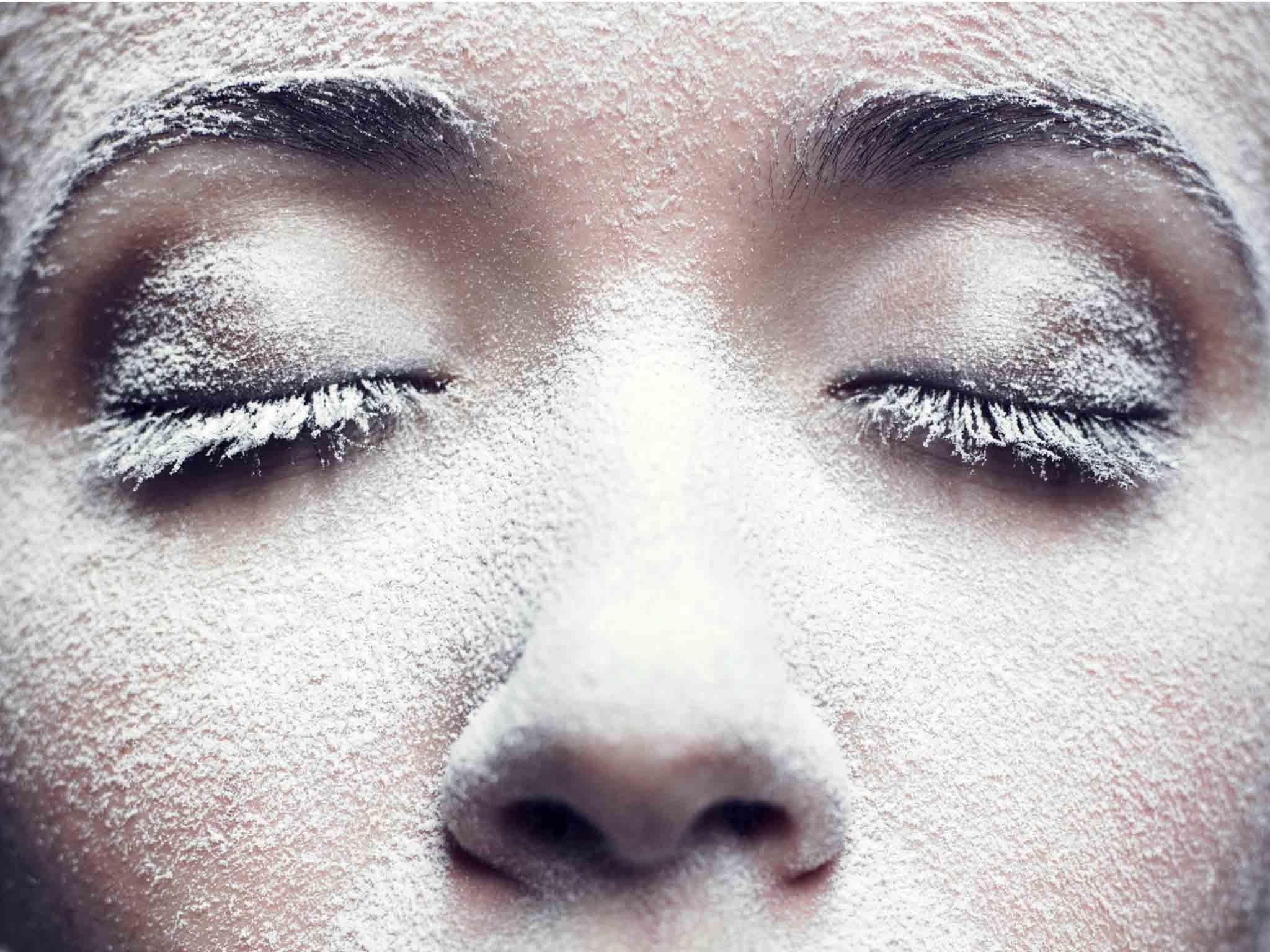
Icy cold temperatures have affected many parts of the UK in recent weeks, while the US has suffered at the hands of a polar vortex with temperatures reaching minus 40F (-40C).
A significant cold snap such as this comes with a sundry of complications, from school closures to ongoing travel disruptions, but for the beauty obsessed among us, the most concerning of them all is the emergence of dry, scaly skin and itchiness.
In these wintry conditions, your skin’s wellbeing might not be top of the priority list but neglecting to take proper care of your complexion can have dire consequences.
“Cold weather can dry the skin leading to dehydration, redness, dermatitis, inflammation, itchiness, and cracking, and can exacerbate skin conditions such as eczema, psoriasis and acne,” Dr Anil, a nationally recognised anti-ageing specialist, tells The Independent.
Explaining why our skin reacts this way, Anil adds that the change in temperature can disrupt the skin’s natural protective barrier and cause dehydration.
“This leads to a compromise of the skin’s barrier and allows irritants to affect the skin, thus causing inflammation and sensitivity and a release of irritants in the skin, like histamine amongst other chemicals.”
So, what can you do to look after your skin during a cold snap? The Independent speaks to four skincare experts to find out their top tips.
Cleanser
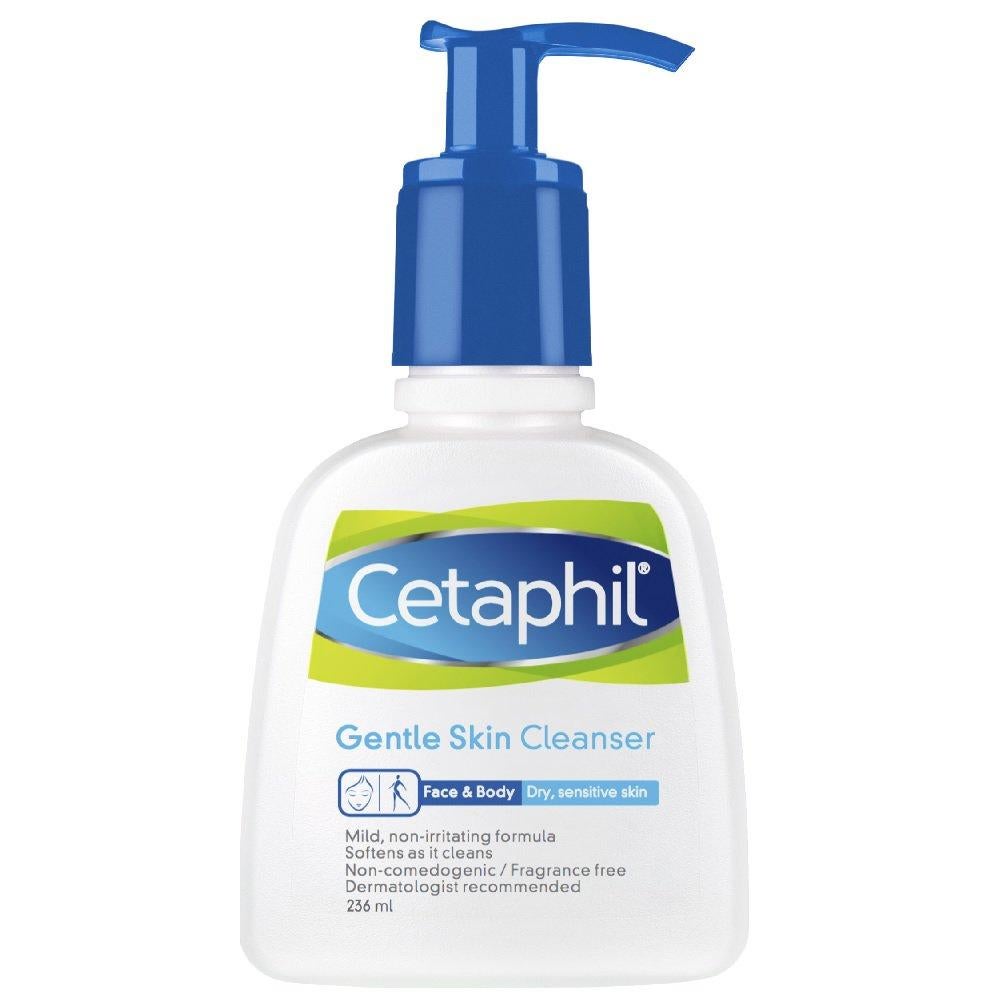
When it comes to cleansing your skin, the resounding top tip from our experts is to avoid soap.
“All soap-based products strip the skin of natural oils and can be extremely drying,” Dr Catherine Borysiewicz, consultant dermatologist at the Cadogan Clinic, tells The Independent.
“Try swapping your soap or shower gel for a soap-free cleanser. You will notice the difference and may find you do not need to use as many moisturisers.”
Both Dr Borysiewicz and Dr Anil recommend using a soap-free, over-the-counter product like Cetaphil, which can be purchased for as little as £5.99.
Similarly, cosmetic dermatologist Dr Sam Bunting suggests looking for a cleanser with gentle surfactants (an ingredient that breaks down oils and fats on the skin) “boosted with skin-calming ingredients like allantoin to minimise the potentially drying effects of interacting with water”.
Moisturiser
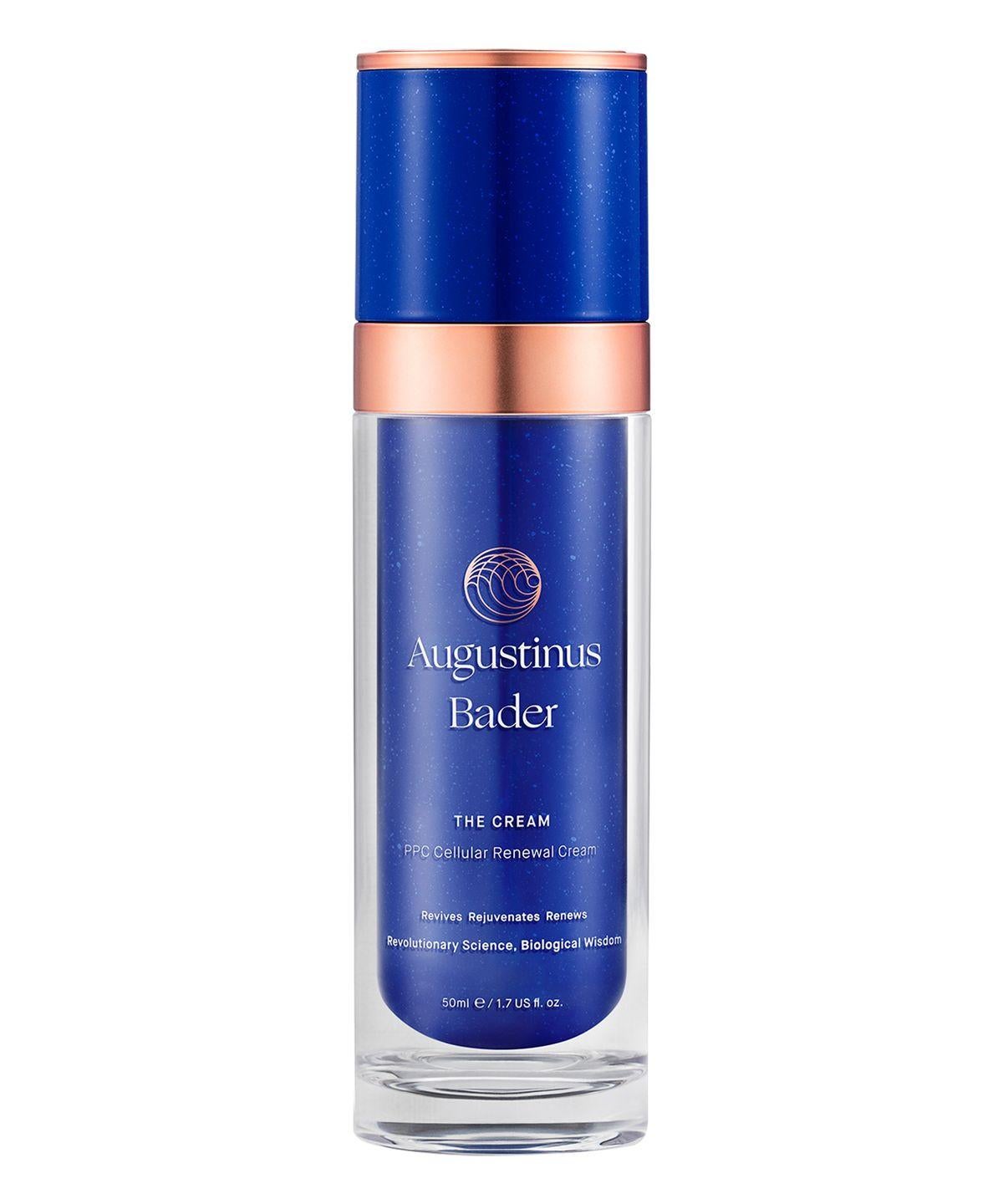
While lighter lotions might quench your skin’s thirst during sunnier spells, the likelihood is your skin is going to need something a little richer come winter.
According to the experts, there are two ingredients your skin will mostly benefit from: hyaluronic acid (a moisture-binding ingredient that helps keep skin plump and hydrated) and ceramides (lipids that help form the skin’s barrier and help skin retain moisture).
“Use a hyaluronic acid and vitamin C 20 per cent serum in the morning and evening,” says Dr Anil.
“Hyaluronic acid is an excellent moisturiser as it retains a 100 times its own weight in water!”
Dr Borysiewicz agrees, adding: “Hyaluronic acid is also a great ingredient that draws moisture into the skin, while a product like CeraVe lotion contains ceramides which really help improve the epidermal barrier.”
Borysiewicz also explains that different skin types will require different types of product.
“For dry sensitive skin apply a moisturiser at least twice a day. You will soothe and improve skin texture. There are a variety of different products out there,” she says.
“For very dry skin during winter use a thicker cream or ointment and always apply them in the direction of hair growth as rubbing them the other way will plug hair follicles and lead to spots.”
Dr Bunting also suggests looking for a moisturiser that contains niacinamide (an active, water-soluble form of vitamin B3).
“It has a plethora of benefits especially suited to this time of year,” she tells The Independent.
“Firstly, it boosts barrier function by increasing ceramide production, supporting skin’s resilience and water-holding abilities. It also calms blemishes – it’s a little known fact that winter is actually the worst time of year for those with breakouts. Dry skin is clogged skin at risk of inflammation – a disaster for spots.”
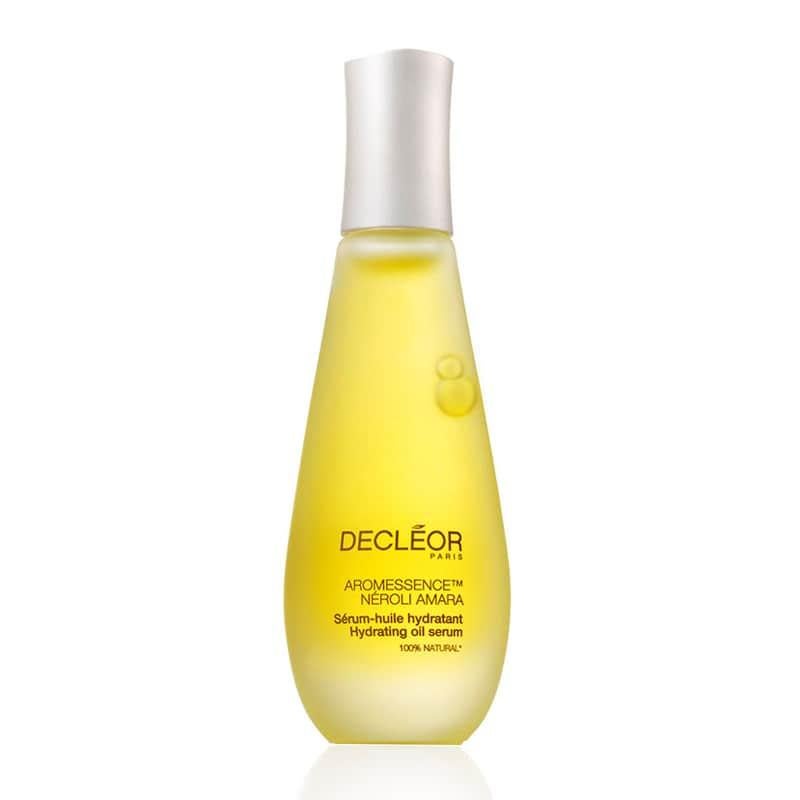
Nichola Joss, a skincare expert who counts Scarlett Johansson, Gisele Bundchen and Gwyneth Paltrow among her clients, also recommends using this step to try out a little facial massage.
“At bed time I always recommend to do a facial massage with an oil or a balm such as Decleor, Neroli Amara,” she tells The Independent.
“Not only is a balm or oil a great medium for encouraging massage but it also locks in the actives and keeps the skin super nourished. I adore Augustinus Bader’s The Cream which really hydrates your skin and keeps it protected against the cold weather.”
Toner
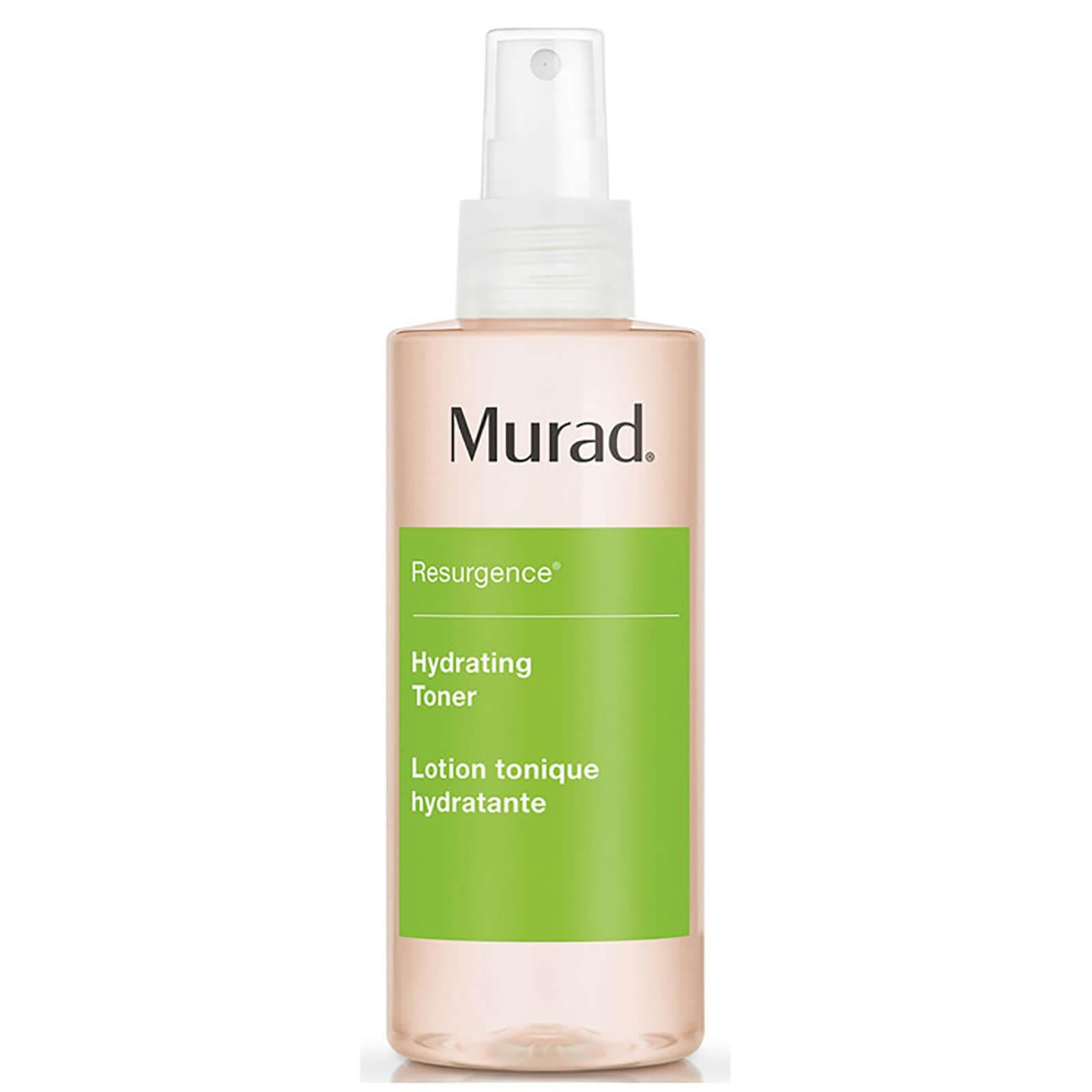
If you like to use a toner in your routine it’s important to make sure the product you’re using isn’t too harsh.
While Dr Anil advises people to use retinol (a form of vitamin A that promotes skin renewal) less often as they can cause dryness, Joss says you can swap your normal product for one that’s more hydrating.
“Switch up your toner to a hydrating one such as Murad’s Hydrating Toner and instead of using an abrasive exfoliator which can be harsh on winter skin instead use a liquid exfoliator such as The Ordinary Glycolic Acid 7 Per Cent Toning Solution which will gently remove dead skin cells leaving the skin refined,” she explains.
SPF
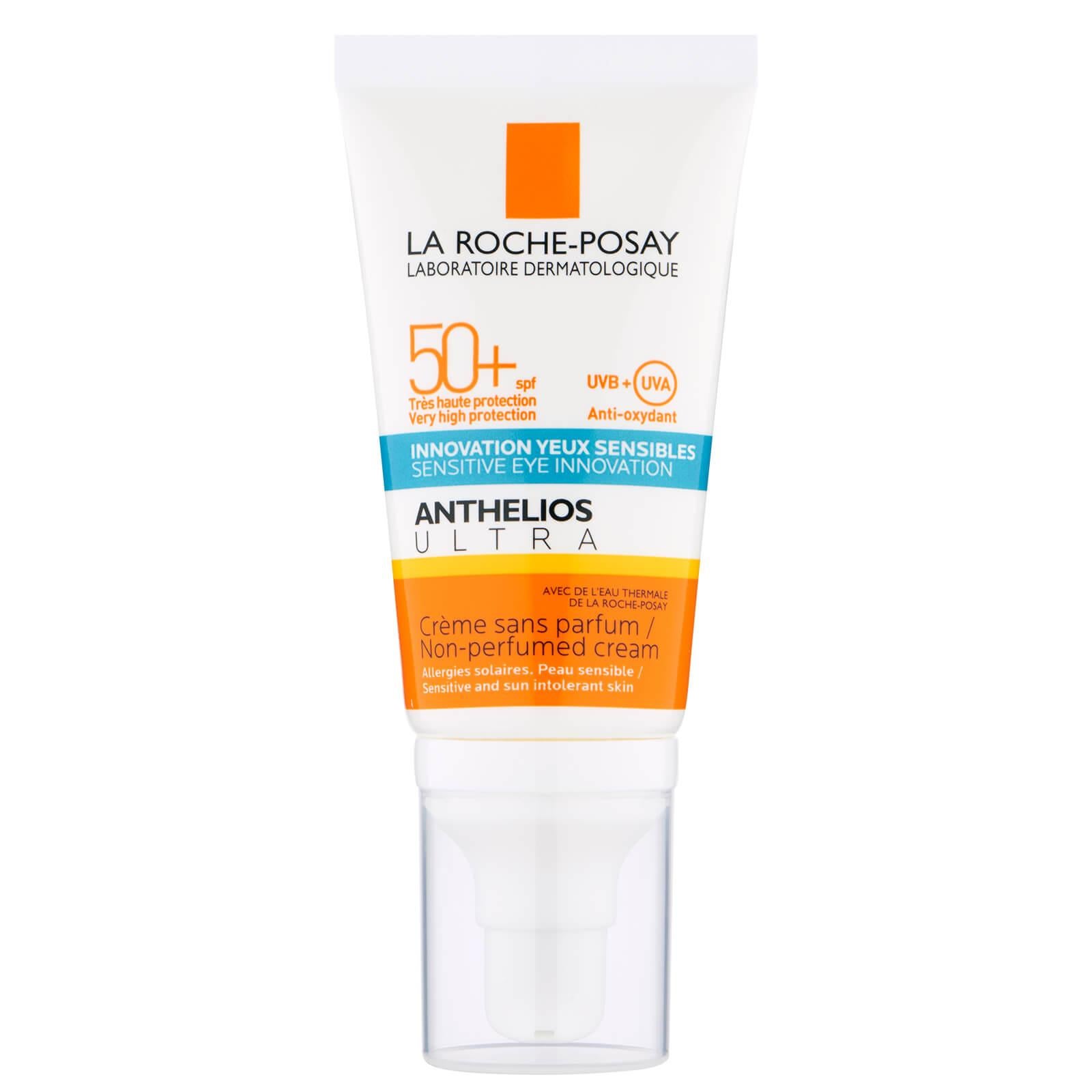
It might be cold out but that doesn’t mean you should scrimp on sun protection.
“Continue to apply high factor sunblock on exposed sites. You might find you need to change your sunblock for the winter months to something more creamy,” says Borysiewicz.
She also explains that sports enthusiasts who’ll be hitting the ski slopes need to be especially careful to apply high factor sunblock due to the particularly high UV exposure.
“Products I routinely recommend are Sunsense, La Roche Posay Anthelios Comfort Cream or Frezyderm Velvet Sunblock,” Borysiewicz adds.
“My advice to patients is to always apply an SPF 50. You can also look for multitasking products eg tinted sunblock to save time. During winter continue checking your skin for worrying lesions. If you don’t look, you won’t see them as they are often asymptomatic.”
Probiotics
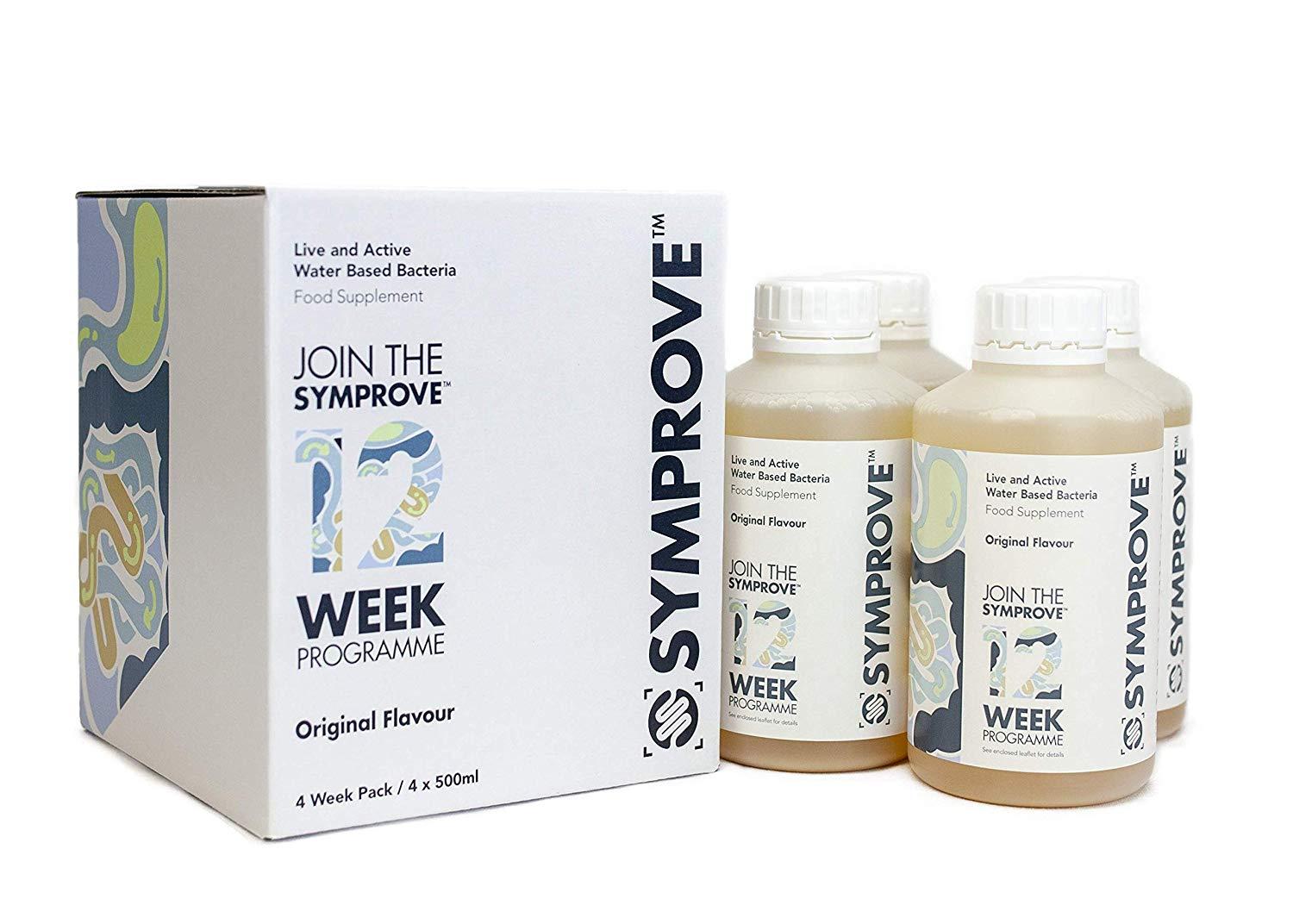
As well as enlisting the help of a number of different beauty products, Joss says taking care of what you put into your body can also have an impact on the health of your skin.
“Great skin starts in the gut,” she explains.
“We tend to eat less good fats and more carbs in the colder months which can alter the balance of our gut and slow skin function. I highly recommend adding a probiotic like Symprove into your daily routine as it has so many benefits.”
But what exactly are probiotics?
Found naturally in foods such as yoghurt, cheese, kimchi and sauerkraut, probiotics are defined by the World Health Organisation as “live microorganisms which, when administered in adequate amounts, confer a health benefit on the host”.
They are most commonly taken in capsule form as food supplements and are thought to restore the natural balance of bacteria in the gut.
Join our commenting forum
Join thought-provoking conversations, follow other Independent readers and see their replies
Comments
Bookmark popover
Removed from bookmarks